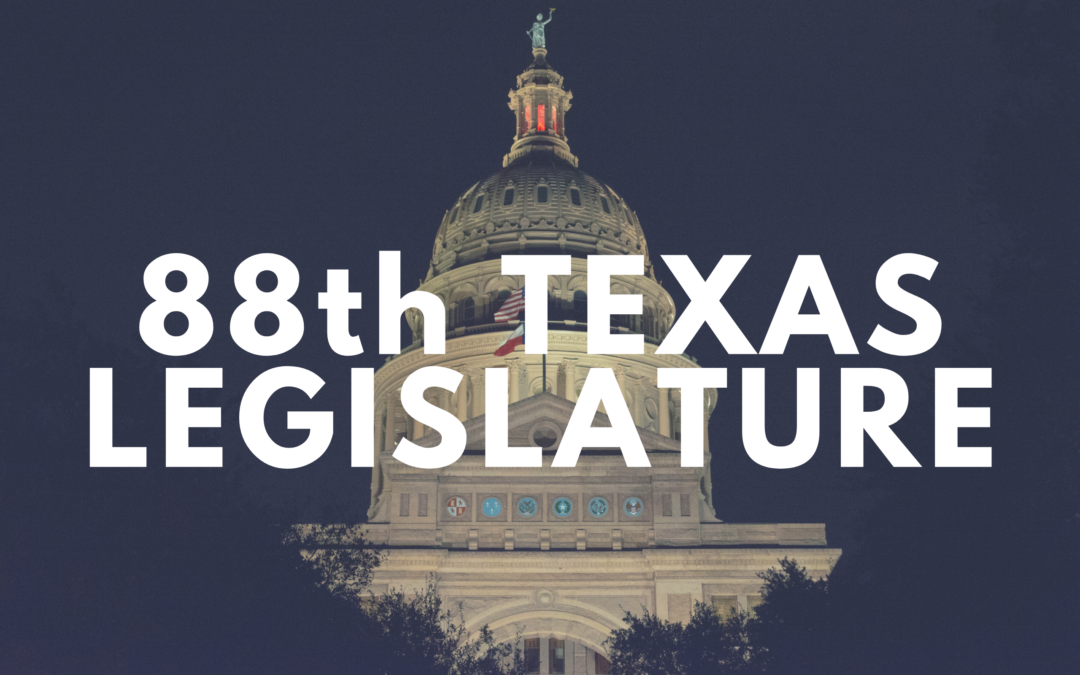SB 2012 would place limits on the controversial and potentially expensive Performance Credit Mechanism, authorized earlier by the PUC.
________________________________________________
As the 88th Texas Legislature inches toward its end, it now appears that one of the last major ERCOT reform bills left standing is Senate Bill 2012.

Rep. Todd Hunter
This legislation — in the substitute version now circulating in the Texas House — would put guard rails on a potentially expensive overhaul of the ERCOT market known as the Performance Credit Mechanism, or “PCM.” The House State Affairs Committee conducted a hearing on the bill substitute on April 19, and Rep. Todd Hunter, the committee chair, has expressed his full support for it. The committee adopted the legislation on April 24.
In all, about 40 witnesses testified on the substitute bill during that April 19 hearing — and almost all expressed support. However, many witnesses representing consumer interests also expressed opposition to the underlying Performance Credit Mechanism, which the PUC adopted earlier this year. For instance, attorney Thomas Brocato, representing the OCSC, said the PCM “results in a transfer of wealth and risk from consumers to generators” and that by placing guardrails on the PCM, the committee substitute strikes the right balance between ensuring a reliable electric grid and limiting costs to ratepayers.
Generation interests said they supported the committee substitute, but advocated for changing two of its most important provisions, as detailed below.
Highlights of the April 19 testimony include the following:
-

Attorney Thomas Brocato testified on behalf of the OCSC.
Industrial Consumers: As noted above, major industrial customers — including Dow, BASF, Texas Instruments, Samsung, and the Texas Association of Manufacturers — expressed opposition to the PUC-authorized PCM market overhaul. The PCM would deliver subsidies to existing and new dispatchable generators, and each of the industrial consumer witnesses agreed that it would needlessly drive up consumer costs. These witnesses also generally agreed that if the PUC implements the PCM, then it should be subject to the $500 million price cap contemplated in the proposed legislation.
- Generators: All the major generators testified in favor of the bill, but they expressed opposition to the cost cap and sunset provisions included in it. (The Sunset provision was ultimately removed from the version that received final committee approval.) Some generation representatives threw their support behind an alternative cost cap mechanism could bring the cost of PCM implementation to $12 billion annually — or 24 times higher than the cap contemplated in the bill substitute. This alternative was not adopted in the version finally authorized by the committee.
- Retailers and consumers: Representatives of these groups generally supported the $500 million cost cap, independent review, performance penalties and greater transparency. “We support a cost cap as contained in the committees substitute — we believe it will provide consumers with certainty and a clear target or generators,” said Mr. Brocato, speaking on behalf of OCSC.
Various other important energy-related bills also continue to enjoy some level of viability during these later weeks of the 88th Legislative Session. These bills include:
- SB 1016, by Sen. Phil King. This bill would allow for the cost of employee compensation related to utility financial gains to be charged to ratepayers. SB 1016 has passed out of both the Texas Senate and the Texas House and sent to the governor.
- HB 1500, by Rep. Justin Holland. This is the PUC and ERCOT “Sunset” bill. It has passed out of the House and has been referred to the Senate Committee on Business and Commerce. The OCSC has been involved in negotiations over the provisions included in this legislation.
- SB 2011, by Sen. Charles Schwertner. This bill would increase penalties against generation companies for market abuse, and update rules pertaining to the “voluntary mitigation plans” filed by generators with the PUC. SB 2011 passed the Senate on a 31-0 vote on April 3, and has been referred to the House Committee on State Affairs.
- SB 30, by Sen. Joan Huffman. This is the supplemental appropriations bill. The Senate version of SB 30 would use tax dollars to retire billions of dollars in debt issued on behalf of gas utility customers for charges relating to Winter Storm Uri. Without this provision, gas utility ratepayers would be responsible for paying off the debt over more than a decade — and with interest. The House version of SB 30 does not include this gas utility provision. The legislation now goes to a House-Senate conference committee, with an agreement between the two chambers expected in late May.


